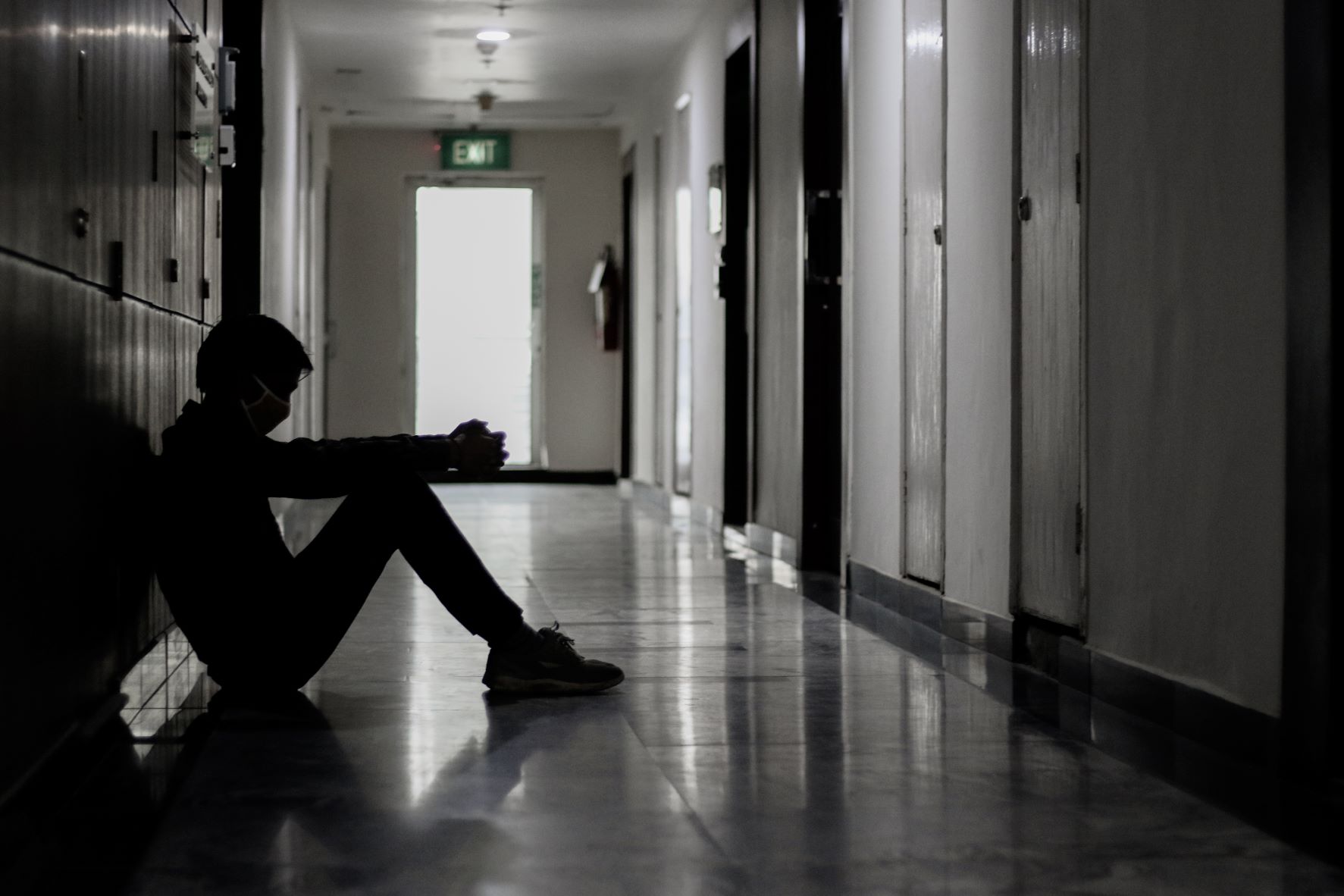Rising suicide rates reflect mental illness: GoodLives

Government told Lok Sabha in 2020 that over 86,000 students ended their lives in India in the past 10 years (MIG Photos)
On June 18th and 19th, an unusual sight greeted shoppers at Connaught Place in New Delhi. As they strolled past a kiosk, they were invited to have a cup of tea and talk about their problems, whatever it was that they were facing or things that worried them or scared them.
Over the course of the two days, over 200 persons actually stopped by to have a tea and lighten their mental burden by sharing their problems.
The camp was part of a unique initiative taken by Lawrence Bamania and Sakshi Shah, co-founders of the GoodLives initiative, a Delhi-based NGO that is focused on creating awareness about mental illness and helping people with appropriate therapies.
“Most of the people who approached us during the camp were males, and most of them were students preparing for civil services or working people who have work pressure too much,’’ she added.
The camp was timely, perhaps, as it came barely a couple of days after a report on the state of mental health in India had been released by the World Health Organisation (WHO). The report says that the burden of mental health problems in India is 2443 disability-adjusted life years per 10,000. The disability-adjusted life year (DALY) is a way of measuring the population impact of a health problem, or the burden of disease, associated with a specific condition.
“Mental health in our society is heavily disregarded, often labelled as a personal problem that is not meant to be discussed with others. People who speak out or advocate for the need of mental health services are dismissed by others, who feel that they are simply weak, lazy, or crazy,’’ Mehr Bajwa, a student of Psychology in Lovely Professional University, Phagwara in Punjab tells Media India Group.
Costs of Covid-19
The WHO report also says that the rate of suicides in India was 21.1 persons per 100,000 people. The economic loss that could be caused due to mental health conditions between 2012-2030 is estimated to be about USD 1.03 trillion, says the report.
Sakshi Shah of GoodLives says the worsening of mental health situation in India and the resultant rise in suicide rates is due to the Covid-19 pandemic and its devastating impact across the entire spectrum of the society and the economy.
‘‘Many people lost their jobs, markets were down, students were thinking about their career, and many people were frustrated after being at home during the lockdown. As a result, after the pandemic, the case of anxiety, depression among people rose by about 25 pc and mental illness cases also rose 30-35 pc rose in India in 2021,’’ says Shah.
The Indian Psychiatry Society Report 2021 says that a 20 pc rise in mental illness cases since the beginning of the pandemic in India.
How this translated into suicides is not yet clear as data for 2021 is still awaited. But the National Crime Records Bureau report says that in 2020, 153,052 suicides were recorded in India, an increase of 10 pc in comparision to 2019.
Shah says that most of the suicides are due to mental illness. According to a document submitted in the Lok Sabha in 2020, over 86,000 students ended their lives in India in the past 10 years. Over 10,000 cases of students resorting to suicides were recorded in 2018 alone. NCRB also said that among those who die by suicide, students saw the greatest increase of 21.2 pc in 2020.
Sakshi says that due to intensive use of social media, academic pressure and loneliness due to being locked up at home during the lockdown, many students suffered from depression, anxiety and mental illness. She adds that students are sensitive audience and to counsel the students when they are in depression is sometimes difficult.
Reports by the Indian Psychiatric Society and the Indian Association for Child and Adolescent Mental Health say that there are long-term consequences of the pandemic and lockdowns on children’s emotional well-being and mental health. Shah also says that even 10-year-old boys contacted the GoodLives and asked for help due to mental illness.










